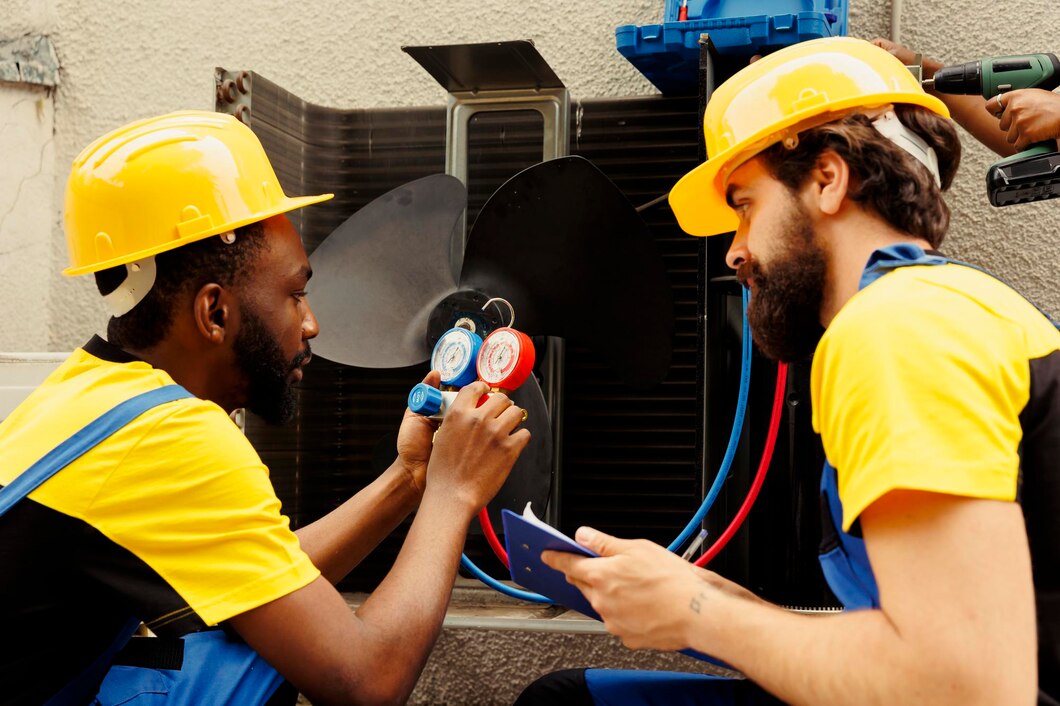Hard water occurs throughout the United States. As a West Windsor, NJ, resident, you might know some of the problems associated with this type of water. This action guide below will help you decide how to address any hard water issues.
About Hard Water Issues
Unfiltered water may contain calcium, magnesium and other minerals. This is true whether you have a well or municipal tap water. A liter of water must contain at least 60 milligrams of such minerals to meet hard water criteria.
Hard water does more than supply you with extra minerals. Abundant minerals make it more difficult for soap to lather and clean. Over time, such minerals can build up in pipes and reduce the lifespan of water heating and other plumbing systems.
How You Can Test Water Hardness
Municipal water authorities publish yearly water quality reports containing water hardness measurements. Hardware stores also sell hard water test strips.
A more critical question isn’t if you have hard water. It’s if your water is too hard for your situation. With a lidded container, soap and water, you can quickly conduct the following water performance assessment to see how your water measures up:
- Halfway fill a clear container with water.
- Add 10 drops of liquid hand soap.
- Put the lid on the container.
- Shake the container well.
If you have a large layer of suds on top of clear water, then you have soft water. If your suds are minimal, then your water is hard enough to impact its performance.
How to Soften Your Water
After you’ve assessed your water, you can soften it if you choose. Call R.A. Nichols Plumbing, Heating & Cooling to install a water-softening system in your home. We’ll make sure the water in your home isn’t too hard for your plumbing system in Cranbury, NJ.









